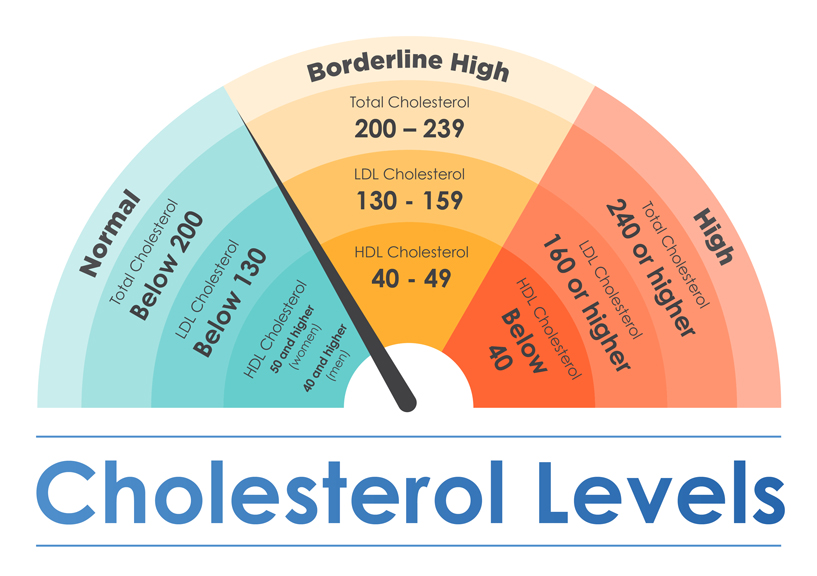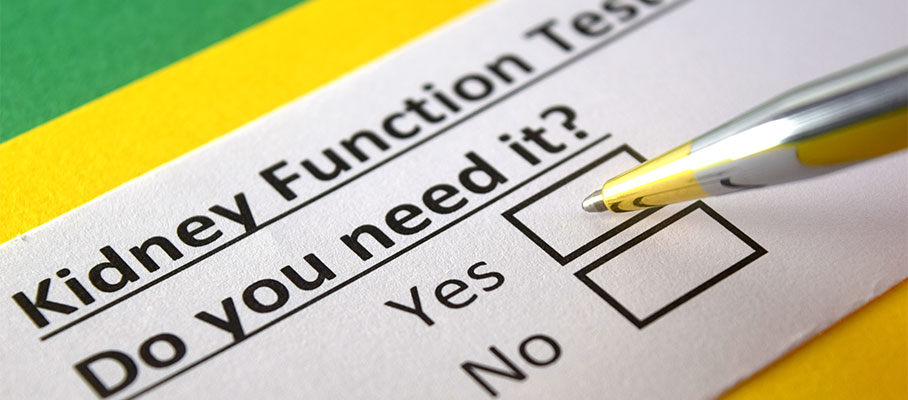
Cholesterol is a crucial component of our bodies, but too much of it can lead to health problems. A lipid profile test is a valuable tool for assessing cholesterol levels and overall cardiovascular health. In this article, we’ll explore the signs and symptoms of high cholesterol levels, the significance of HDL and LDL in a lipid profile test, and where to find a reliable diagnostic centre in Kolkata & Bhopal for cholesterol testing.
Signs of High Cholesterol Levels:
High cholesterol levels often do not exhibit obvious symptoms, which is why regular cholesterol screenings are essential. However, certain signs and risk factors may indicate the need for a lipid profile test:
Chest Pain: High cholesterol can lead to the buildup of plaque in the arteries, potentially causing chest pain or angina.
Family History: If you have a family history of high cholesterol or heart disease, you may be at a higher risk.
Obesity: Excess body weight, particularly around the waist, can contribute to high cholesterol levels.
Diet: Consuming a diet rich in saturated and trans fats can increase cholesterol levels.
Physical Inactivity: Lack of regular physical activity can lower HDL (good) cholesterol levels and raise LDL (bad) cholesterol levels.
Smoking: Smoking damages blood vessels and lowers HDL cholesterol.
Age and Gender: Cholesterol levels tend to increase with age, and men are at a higher risk than premenopausal women.
Understanding HDL and LDL in a Lipid Profile:
A lipid profile test measures different types of cholesterol in your blood, including:
Low-Density Lipoprotein (LDL): LDL cholesterol is often referred to as “bad” cholesterol because high levels are associated with an increased risk of heart disease. It carries cholesterol to cells but can deposit excess cholesterol in the arteries.
High-Density Lipoprotein (HDL): HDL cholesterol is known as “good” cholesterol because it helps remove excess cholesterol from the bloodstream and transport it to the liver for elimination.
Regular lipid profile testing can help you monitor your cholesterol levels and take preventive measures if necessary. It’s especially crucial if you have risk factors such as a family history of heart disease or an unhealthy lifestyle. Remember that cholesterol management involves not only medication, if prescribed by a healthcare professional, but also lifestyle changes, including a healthy diet, regular exercise, and smoking cessation.
In conclusion, understanding the signs of high cholesterol levels and the significance of HDL and LDL in a lipid profile test is essential for maintaining good cardiovascular health. To ensure accurate testing, visit HCDC, a reputable diagnostic centre in Kolkata & Bhopal, where experienced professionals can help you assess your cholesterol levels and take proactive steps toward a healthier future.


